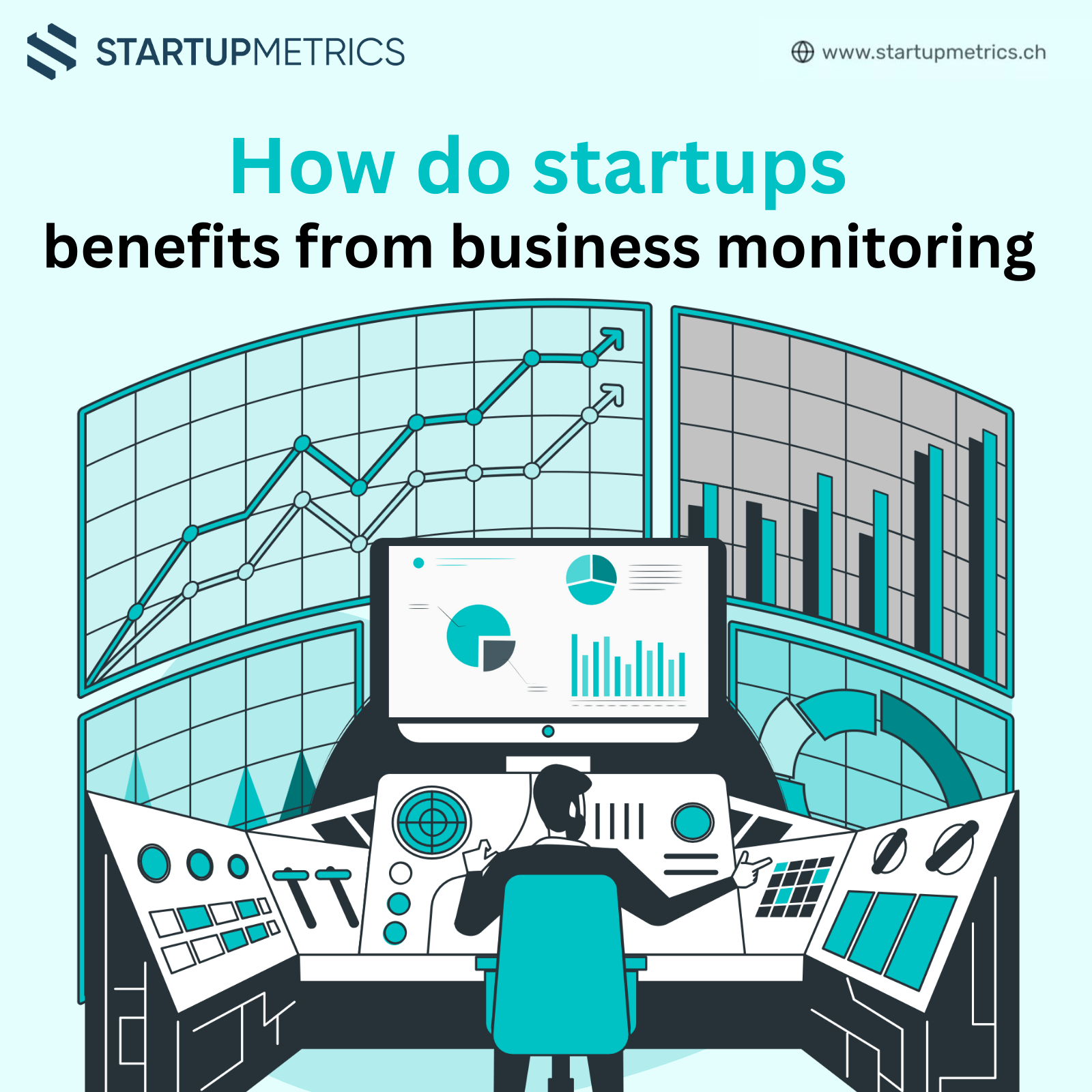How did covid affect the funding amount of seed startups and spin-offs in Switzerland?
15.02.2023
Positive Trends Amidst Challenges
Overview
Despite the global challenges posed by the COVID-19 pandemic, seed startups and spin-offs in Switzerland experienced an overall positive trend in funding amounts. This resilience is evident from the observed data, which shows an increase in both median and average funding amounts in 2020 and 2021 compared to 2019. However, the time required for fundraising increased during this period, indicating some negative impacts of the pandemic.
Key Findings
- Investor Confidence in Swiss Startups:
- Investors maintained strong confidence in Swiss startups and spin-offs, believing that Swiss entrepreneurs (Swisspreneurs) would yield high returns post-pandemic.
- The median funding amount peaked over the three years, with a notable increase from 2019 to 2021.
- Funding Amounts:
- In 2020 and 2021, the median funding amount for seed investments reached its highest levels, indicating robust investor support.
- While the average funding amount in 2021 showed a slight decrease compared to 2020, the overall trend remained positive.
- The distribution of funding amounts was right-skewed, with some startups receiving significantly higher investments, creating outliers.
- Age of Funded Startups:
- Startups that received seed investments in 2019 were generally one year old.
- In 2020-2021, funded startups were typically two years old, suggesting an increased time required for fundraising.
Detailed Analysis
Median and Average Funding Amounts
The observed data from 142 seed investments showed that both the median and average funding amounts increased during the pandemic years:
- 2019:
- Median Funding: CHF X million
- Average Funding: CHF Y million
- 2020:
- Median Funding: CHF X+1 million
- Average Funding: CHF Y+1 million
- 2021:
- Median Funding: CHF X+2 million
- Average Funding: CHF Y+0.5 million
(Note: Replace X and Y with actual figures if available)
Right-Skewed Distribution
The funding amounts exhibited a right-skewed distribution due to a few startups receiving disproportionately high investments, leading to a higher average but a more moderate median increase.
Time Required for Fundraising
The data indicates that while the funding amounts increased, the time required for startups to secure funding also extended. This trend reflects a cautious approach from investors during uncertain times but also shows their eventual willingness to invest larger sums:
- 2019: Funded startups were typically one year old.
- 2020-2021: Funded startups were typically two years old.
Implications for Swiss Startups and Spin-offs
Positive Outcomes
- The increase in funding amounts during the pandemic is a strong indicator of the resilience and attractiveness of Swiss startups.
- The confidence shown by investors suggests a promising future for Swiss entrepreneurs.
Challenges
- The extended fundraising period may pose challenges for startups needing quick capital to scale and grow.
- Startups need to be prepared for longer fundraising cycles and ensure they have adequate runway and resources to sustain themselves through these periods.
Conclusion
The COVID-19 pandemic, while extending the time required for fundraising, positively impacted the funding amounts for seed startups and spin-offs in Switzerland. This trend underscores the strong investor confidence in Swiss startups and highlights the potential for growth and high returns in the post-pandemic period. The observed increase in median and average funding amounts despite the pandemic’s challenges suggests a bright future for Swiss entrepreneurs.
